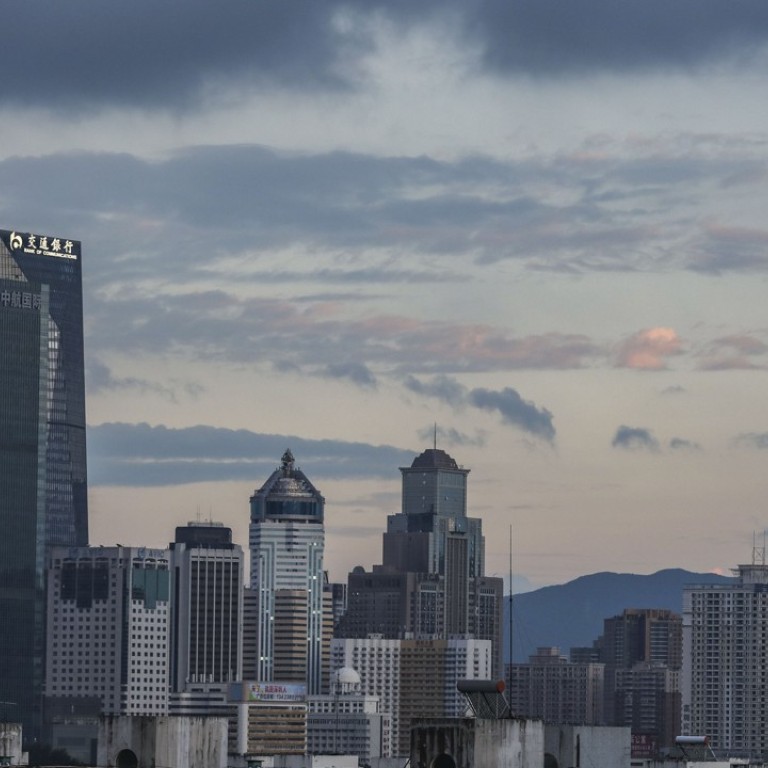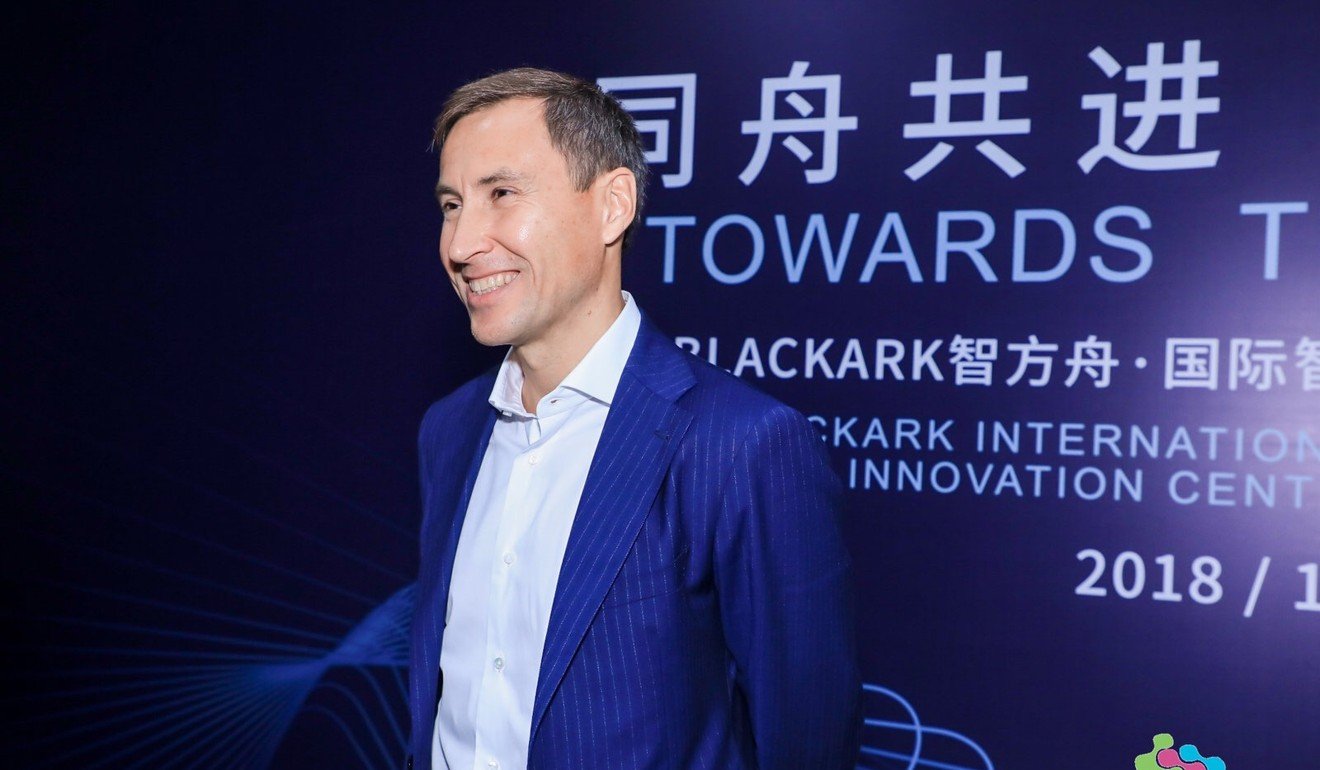
China welcomes Kremlin-backed hi-tech investment fund to Shenzhen
- Fund aims to encourage combination of Russian software and Chinese hardware from tech hub base
- Trade war brings Beijing and Moscow closer together
China has rolled out the red carpet for a Kremlin-backed private equity fund ready to invest in its hi-tech manufacturing sector, just as foreign investment could help to offset the impact of the trade war with the United States.
Russia’s Da Vinci Capital Management – with US$500 million in capital – has established a 600 million yuan (US$86 million) fund with state-owned China Electronics Shenzhen, in the southern province of Guangdong. The aim is to invest in firms combining Russian software and Chinese hardware.
Shenzhen is well known for its world-class electronics manufacturing industry that includes telecommunications equipment maker Huawei Technologies and smartphone and electronics manufacturer ZTE.
The private equity fund turned to Shenzhen after apparently getting the cold shoulder from neighbouring Hong Kong.
It was a different story over the border, with a 150 million yuan commitment from China Electronics Shenzhen – still under negotiation – and the promise of rent-free office space in a hi-tech development zone from the local government.
China’s reform and opening up can keep delivering ‘miracles’, says Xi Jinping
A quarter of the financing for the new private equity pool – known as China-Russia INNO Funds – will come from the Russian government’s sovereign wealth fund with the rest to be attracted from Chinese and international investors.
The fund will help Russian tech firms form joint ventures with Chinese electronic hardware manufacturers to deliver products for the Chinese market and also help Chinese firms expand into Russia.

Oleg Konev, Da Vinci Capital’s managing partner, said the company had looked to Shenzhen after difficulties over the past three years in opening a bank account in Hong Kong.
“Hong Kong is a good place for western developed companies that are using Hong Kong as a platform to enter Asia. But all their staff are focused on supporting western companies,” he said.
“For our companies, I think it is nice to find a nice city on the mainland that is very well developed and could open doors for our portfolio companies for [investment in] the mainland.”
Konev said Da Vinci Capital would continue to use its financial infrastructure, particularly the Hong Kong stock exchange, to list the companies in which it invests when the time was right.
“So our combination will be production and software solutions in Shenzhen and IPOs in Hong Kong,” he said.
Trade war, slowing economy and market rout wipe out billions from China’s 400 richest people on Forbes list
China has opened its arms to foreign investors as it seeks to boost the economy which is already feeling the effects of the trade war with the US.
The trade war has already brought Beijing and Moscow closer, and the new Shenzhen-based investment fund is just the latest example of increased cooperation.
In June, during President Vladimir Putin’s most recent trip to Beijing, the Russia-China Investment Fund – a private equity fund established by government-backed investment vehicles in Beijing and Moscow – agreed to set up a US$1 billion infrastructure investment fund, with a focus on supporting industrial infrastructure in Russia.
China-Russia relations at all-time high, says Putin ahead of Shanghai visit
China has run a trade deficit of US$6.7 billion with Russia so far this year, compared to the trade surplus it maintained last year with Moscow of US$1.68 billion.
During the first nine months of this year, Chinese exports to Russia rose 12.7 per cent year-on-year to US$35.2 billion, but imports from Russia grew at a much faster rate of 39.2 per cent to US$41.9 billion, according to data from China’s General Administration of Customs.
“Russia is not just oil and gas,” Konev said.
“Worldwide software exports from Russian have reached US$10 billion. China and Shenzhen are very famous for hardware exports and right now it’s a new time. We need smart hardware.
“Russia can bring strong IT solutions to China and China can include them in the production of its devices,” he said.
“Raising money will not be easy. A lot of [Chinese] companies still don’t think globally, but the economic environment will push them to be global. [China is] just at the beginning of a trade war.”

